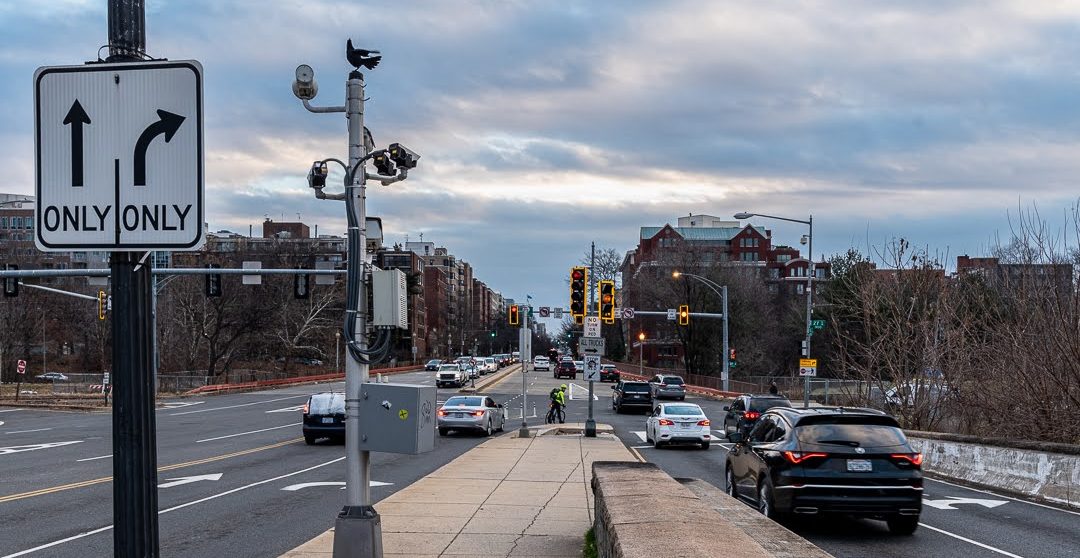- The average U.S. household spent more than $13,000 on transportation last year, mainly in the form of car ownership, according to the Bureau of Transportation Statistics, which is more than they spend on food. (Smart Cities Dive)
- Parking reform could be the key to solving the nationwide housing shortage. Reducing the amount of parking required could boost housing construction by 40 to 70 percent, according to one study. (Sightline Institute)
- Working from home has kept traffic volume down in some cities since the pandemic, but in others it's shot right back up again. (Planetizen)
- A New York City teacher wrote for Slate about how she enjoys the solitude of her three-hour round-trip train commute.
- An Atlanta company is the first that's been able to recycle lithium for electric vehicle batteries. (Transport Topics)
- A Colorado Public Radio investigation found that Denver Regional Transportation District employees are leaving in droves due to the CEO's leadership style.
- Fare-free transit is credited for boosting ridership beyond pre-COVID levels for Massachusetts agencies outside Boston. (Commonwealth Beacon)
- Even more so than the rest of the car-centric city, Southeast L.A. lacks safe biking infrastructure. (Public Press)
- The Michigan House of Representatives passed a bill that would stop Wayne County communities from opting out of Detroit's regional transit system. (Detroit News)
- A city audit concluded that the Portland Bureau of Transportation is not doing enough to measure the effectiveness of its Vision Zero program. (Tribune)
- Pedestrian deaths in Omaha have more than doubled this year, from six in 2023 to 14. (Nebraska Public Media)
- Fort Worth's Trinity Metro is working with Lyft to restart and expand the area's bikeshare network. (Report)
- Columbus, Ohio is allowing contracts with four bikeshare and e-scooter vendors to expire and replacing them with VeoRide, which has promised to deal with abandoned vehicles and to bring in cargo bikes and sit-down scooters. (Dispatch)
- Knoxville has added safety improvements to several downtown streets. (News Sentinel)
- A Chinese study found that high-speed rail reduces environmental inequality (Phys.org). Another found that a fare hike in Beijing led to fewer short subway rides (Cities).
- With more stable funding, transit agencies in the U.S. and Europe were better able to ride out the pandemic than those in Africa and Latin America. (World Resources Institute)
From the editors: Streetsblog provides high-quality journalism and analysis for free — which is something to be celebrated in an era of paywalls. But the work Streetsblog does is not free; we rely on the generosity of our readers to help support our reporters and editors as they advance the movement to end car dependency in our communities.
If you already support our work, thank you! Can you brag about us to your friends and ask them to support?
If you aren’t a supporter yet, please join us and help us push for a more livable, walkable, bikeable, equitable and enjoyable country for all. And happy holidays from the Streetsblog team!







